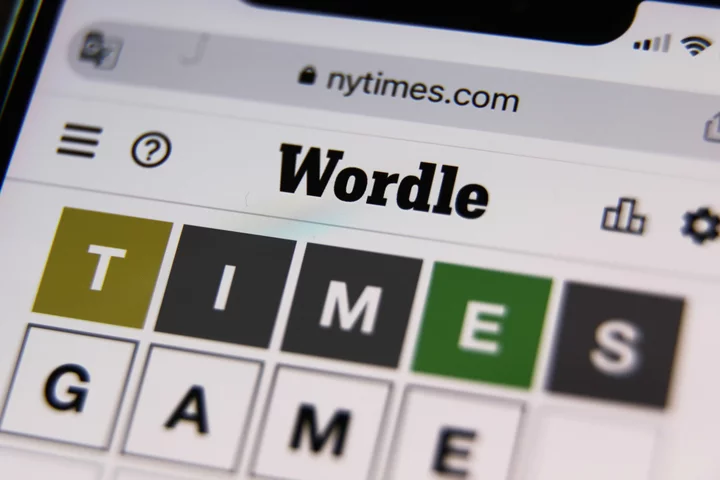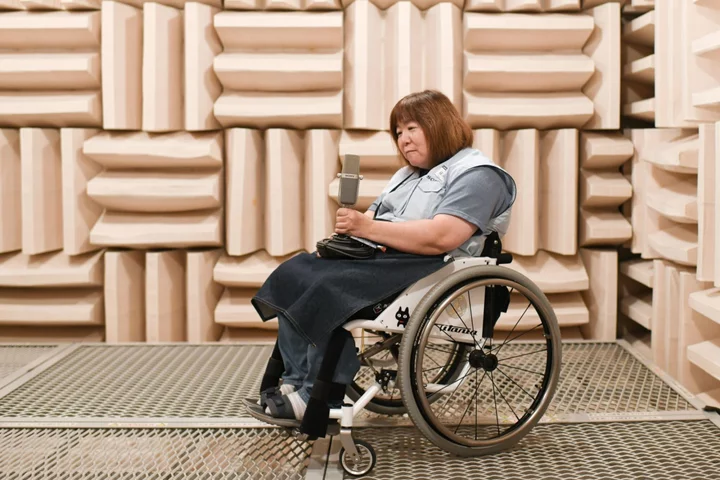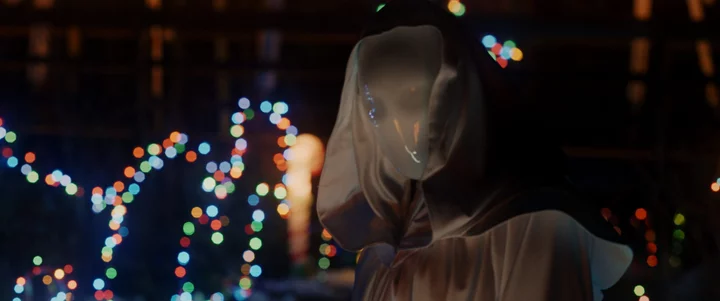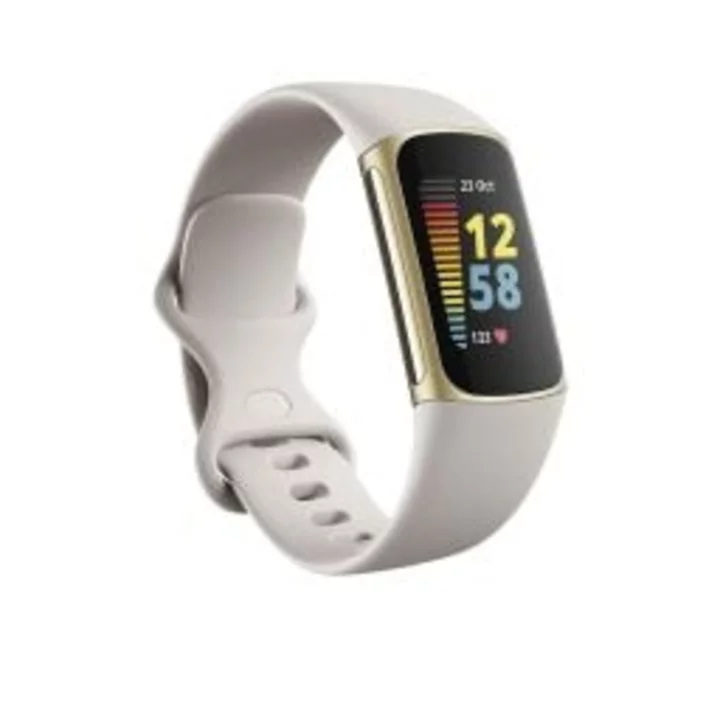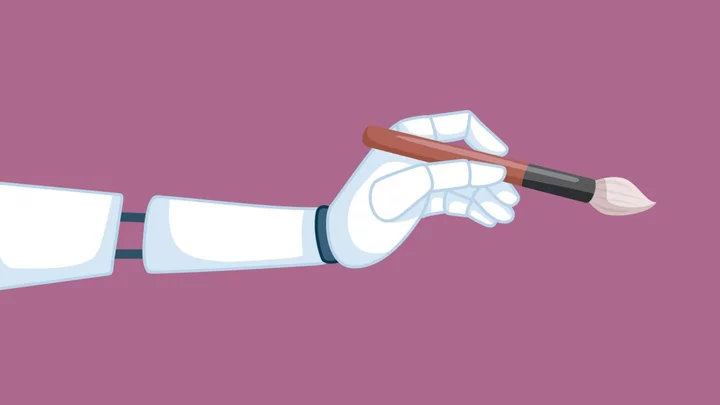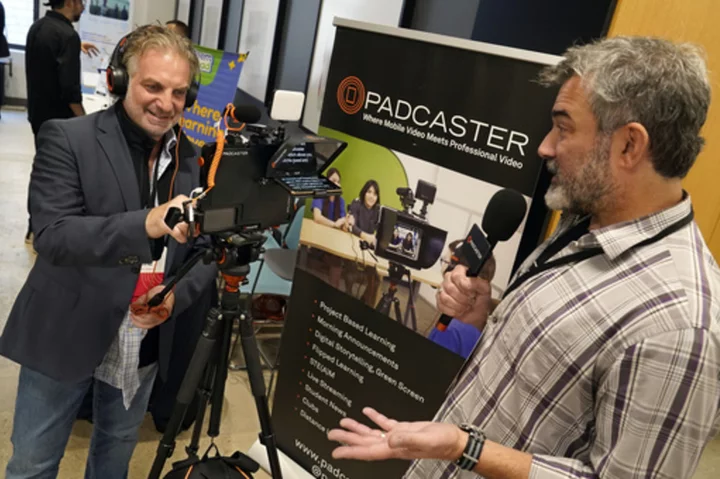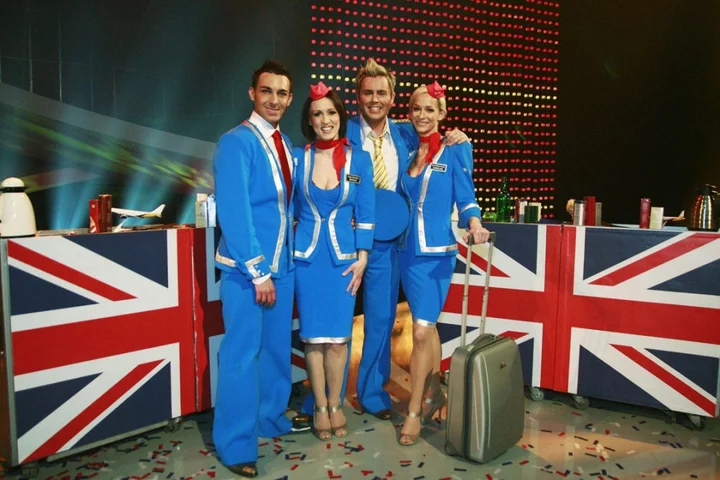Trying to game Wordle isn't my bag, I'll admit.
My ideal daily Wordle session starts with me plucking a legible five-letter combination out from my stream of consciousness and seeing where that random guess takes me.
The game becomes a sort of linguistic Magic Eye at that point: If I loosen my focus and look past the initial guess to imagine all the words that might be formed from any yellow- or green-marked letter, I'll eventually find the answer. Or not! And that's OK, I'm fine with a loss.
Some people like to win under any circumstances, though, and I get it. It feels great to maintain that daily streak, especially as it jumps into the double digits and beyond.
Sure, you could always cheat and look up the answer, but there's no sense of accomplishment in that. Gaming Wordle is the only agreeable middle-ground there, and the best place to find that comfort zone is starting word strategy.
So let's get into it. The internet has lots of thoughts.
Looking for the Wordle answer today? Here are hints and the answer for the Wordle on August 15.
How should we think about Wordle starting word strategies?
Let's think about this holistically first. You've got 26 letters in the alphabet. Of those, five (plus the letter "Y" at times) are vowels, the basic building block for most words.
So at a very basic level, any five-letter combination that helps you rule out more vowels early is going to trim down the galaxy of possible answers.
Quadruple the Wordle: Embrace chaos with the four-at-once Quordle
With that basic reality in mind, we can immediately pick out a few ideal starting words There are others, but ADIEU, AUDIO, and OUIJA all cover four vowels. You won't know if any yellow or green letters appear twice, say if the answer is "sweet" or "radar," but you can at least spot some critical letters right at the start.
Credit: Brandon Bell / Staff via Getty ImagesThat's good enough for most people. Starting with vowel-heavy words will give you an edge with Wordle's puzzle-solving every time. But it's also not that simple, since not every letter is created equally. Yes, vowels appear in basically every word, but some are more or less common. The same goes for consonants.
There's also the Wordle dictionary. There are more than 10,000 words the game will recognize as allowable guesses, but there's a much smaller list of words — only a few thousand — that qualify as possible solutions. The NYT even trimmed down that solution list after it acquired Wordle. So while you could use a more obscure word like AUREI (the plural form of aureus, an ancient Roman gold coin, for those who are curious!) as a guess, it's not going to be the day's answer.
If going vowel-heavy isn't enough and you want to cover some of the more common consonants as well, RAISE is an ideal starting word since it covers the three most common vowels and the two most common consonants as they appear in dictionaries.
14 Wordle clones: Because one Wordle a day just isn't enough
What is the best Wordle starting word, really?
For those who don't want to risk feeling like they're cheating Wordle, you might want to stop reading here. You can use the strategies and ways of thinking above to give yourself an edge in every day's new puzzle, and that's plenty for most players.
For those who want to dive deeper down the rabbit hole, however, there's an excellent video from Grant Sanderson, a mathematician and computer scientist who goes by 3Blue1Brown on YouTube. Sanderson applied his knowledge of "information theory" to Wordle, and he coded some testing programs that measure things like letter frequency to determine the best of the best starting words.
It's a dense 30 minutes of explanation that's heavy on the math talk, but Sanderson's friendly demeanor and willingness to take the time necessary to break down complex ideas for viewers makes it a fascinating watch.
In this initial video from Sanderson (you didn't think it was going to be as easy as one video, did you?), the ultimate takeaway leaves us with CRANE as the best Wordle starting word. But it's not that simple. Because Sanderson's breakdown focuses on letter frequency, CRANE is just the first stage of information gathering. It's only the "best" if you use what you know about the right and wrong letters in that first word to inform a perfect second guess.
Ahhhhhhhhhhhhhhhhhhhhhhhhhhhhhhhhhh. Is your head swimming yet? Do you wish you'd just tapped out after the first section?? That's where I'm at! But wait, we're not even done yet.
A week after the above video post, Sanderson dropped another one, titled "Oh, wait, actually the best Wordle opener is not 'crane'...." It turns out, there was a slight bug in his original test program. He says right up front that the bug "affects a very small percentage of cases," so it doesn't undermine the substantive lessons from the first video.
Without getting into the heavy math, the bug relates specifically to solutions that have multiples of the same letter, and how Wordle handles that.
Sanderson felt the need to put out a second video because, while "very little of substance actually changes" from the original video, the final conclusion relating to optimal starting word is affected. The same caveat from before applies here as well: An optimal starting word is only as good as how the guess that follows uses the information gleaned from the first one.
With that context in mind, Sanderson's amended ideal starting word is SALET (which is an alternate spelling for "sallet," a type of helmet worn during the Middle Ages #themoreyouknow), though TRACE and CRATE work nearly as well. Especially since both of those latter options are potential Wordle solutions.
The week's Wordle answers, ranked by how cool they'd sound if Patrick Stewart said them
This unhinged DIY might be the most Wordle you can play in a day
Honestly, one of the most important takeaways from all these dives down math-y rabbit holes is the notion I mentioned above: Your first guess is only strong in the context of the guesses that follow. That's the whole game of Wordle in the end: A single guess provides you with information that you then need to use to narrow down the list of subsequent guesses.
SEE ALSO: Wordle-obsessed? These are the best word games to play IRL.But! (Yeah, we're not done here.) There's another school of thought on how to approach solving Wordle. Instead of playing the game as intended and using each previous guess to inform the next one, you instead stick to the letter frequency game and try to rule out the most common letters, consonants and vowels both, up front, irrespective of any clues you pick up.
This approach effectively "wastes" your starting stretch of guesses on locked-in choices that are meant to narrow down the number of possible letters you have to work with. Just know that if you play Wordle in "hard mode," this strategy won't work, since each successive guess needs to include any letters that are confirmed to be in the solution by the previous guess.
Is there a best Wordle starting word that doesn't go so hard on all the math?
As the top commenter on Sanderson's original video legendarily notes: "Interesting video, real good stuff. Gonna keep using PENIS but this was really cool and informative!"
For those who want to skip the long and winding road into math-land, YouTuber Bentellect has a short, sweet breakdown of his starting strategy.
So RATIO first, then MENDS, then LUCKY. That's it. With those three choices, you'll have slimmed down the list of possible letters to the point that figuring out the solution with your final guesses becomes significantly easier. It's not a surefire winning strategy for every day's puzzle. I'm not sure there is one, and even if there is, knowing it would essentially break the game.
Mashable's own Wordle expert Caitlin Welsh prefers a different three-word starter combination: SCALY, GUIDE, and THORN. The premise is the same though: Caitlin, like Bentellect, is narrowing down the list of possible letters that could appear in the solution by casting the widest net possible, alphabetically speaking, with her first three guesses.
SEE ALSO: 14 of the best 'Wordle' clones, because one word a day isn't enoughSo there you have it. There's no single perfect starting guess for Wordle. There's a whole spectrum of them, along with a long list of caveats that basically boil down to: How much do you want to break the game? I said it at the start and I'll say it again: Stream of consciousness is the way to go. Use Wordle like I do, as a meditative brain-bender to loosen up those thinking muscles at the start of your day.
For those who want to win at any cost, though, hopefully this extended rundown of what works best will get you closer to climbing that daily streak into the triple digits.

